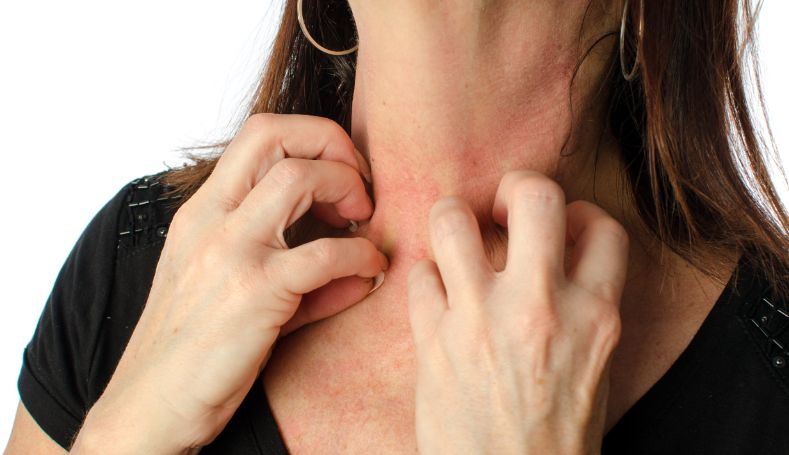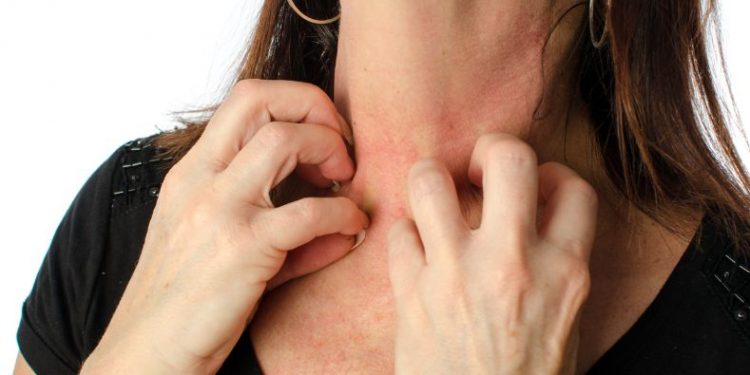Eczema is a common skin condition that can occur in babies, children and adults. Symptoms vary from person to person and can include redness, blisters, itching, and skin infections. There are no known cures for eczema, but treatment can help reduce symptoms and prevent flare-ups.
Using moisturizers can soothe itching and dry skin. Try to use a moisturizer several times per day. Wet dressings can also help loosen crusted skin. Applying a cold compress can help control itching.
If you are experiencing a flare-up of eczema, it is important to seek medical care. Infected eczema can be very dangerous. Signs of an infection include swelling, redness, and yellow crusting. The rash is caused by fungus or bacteria that breaks through the skin. Medications may be necessary to treat the infection. Medications can be administered intravenously, intramuscularly, or orally. Some medications have been found to be effective at treating eczema.
Other treatments can include topical corticosteroids, which reduce itching and irritation. In addition, light therapy can help improve the appearance of your skin. You can see a dermatologist to get a professional diagnosis of eczema.
A dermatologist can help you determine the cause of your eczema and recommend a treatment plan. They will ask about your family history and any medications you use to control the rash.

In some cases, you may be allergic to certain foods, chemicals, or other substances. Often, allergies to these items are not detected until after they start to affect the skin. However, a doctor can rule out these possible triggers. Your doctor can also test your blood to find out if a rash is caused by an allergy. Many people are allergic to things like house dust mites, nickel, or poison ivy. Alternatively, you may be allergic to sunlight.
Eczema can be triggered by stress. Managing your stress can help you keep eczema from recurring. Avoid scratching to minimize the risk of infection. Sleep is also important to keep eczema from affecting your quality of life.
For children, avoiding certain foods and foods that cause inflammation can help prevent a flare-up. You can also consult with your child’s health care provider to identify any potential food allergens. Also, limiting exposure to certain chemicals in the home, such as those found in cleaning supplies, is an important step to keeping eczema under control.
In some cases, eczema can be a lifelong condition. Adults and older children often experience eczema on their hands and feet. Babies may also develop eczema on their face, scalp, and arms.
Treatments for eczema can vary, but the goal is to make your skin feel healthy and look as good as it can. Having eczema can affect your quality of life and make you feel self-conscious in public. Fortunately, you have many options to choose from. Use them to control your symptoms and get back to your normal life.
If your eczema symptoms do not improve, you may want to discuss medication with your health care provider. Steroid creams, in particular, are used to treat eczema and reduce itching.









